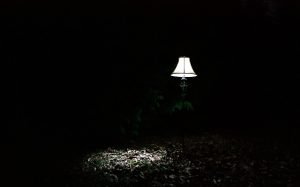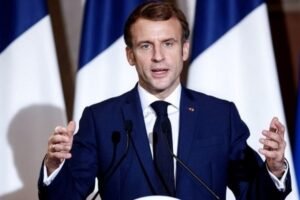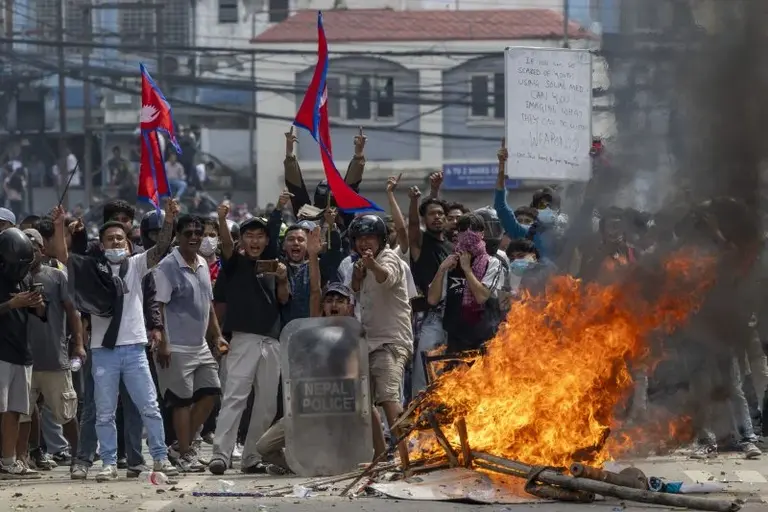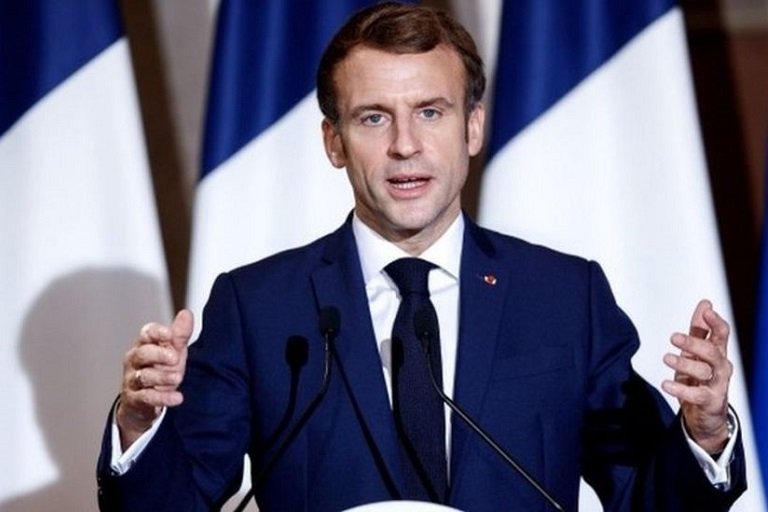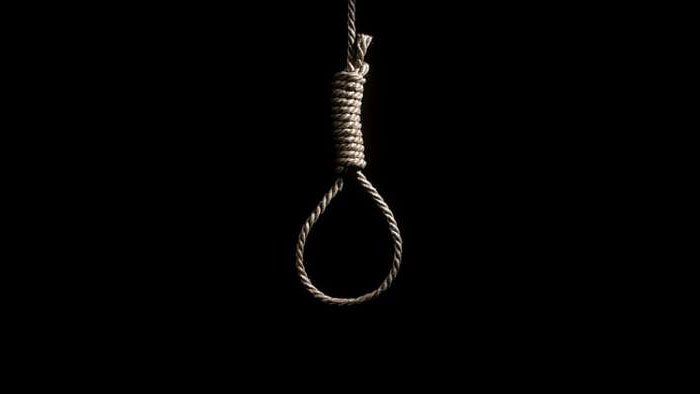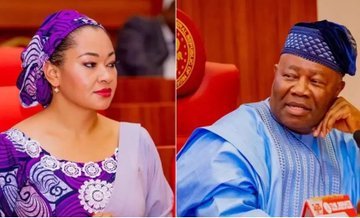Nepali military patrolled the streets of Kathmandu on Wednesday, aiming to restore calm after demonstrators set fire to parliament and forced the prime minister to resign in the Himalayan nation’s worst unrest in two decades.
Protests began Monday in Nepal’s capital against the government’s ban on social media and corruption but quickly turned into a statewide outpouring of wrath, with government buildings set on fire following a brutal crackdown that cost at least 19 lives.
The fast plunge into turmoil stunned many, and Nepal’s military warned against “activities that could lead the country into unrest and instability” in the country of 30 million people.
Soldiers yelled commands over loudspeakers on the streets as tanks drove past the remains of burned vehicles and tires.
The military issued a cautionary statement that “vandalism, looting, arson, or attacks on individuals and property in the name of protest will be treated as punishable crimes.”
Manager Hansa Raj Pandey told Nepali media that Kathmandu’s airport will reopen later on Wednesday at 6:00 p.m. (1215 GMT).
An AFP correspondent reported Wednesday that smoldering clouds of flames rose from government offices, politicians mansions, stores, and other buildings attacked by protestors.
Firefighters extinguished the remaining fires, including those in the tower block of the major Kantipur media group.
“It is quiet today; the army is on the streets in all places,” said one soldier inspecting cars at a makeshift street checkpoint, who could not be named as he was not authorized to speak to reporters.
On Tuesday, gangs assaulted and set fire to the home of KP Sharma Oli, the 73-year-old four-time prime minister and Communist Party leader.
He later resigned to allow for “steps towards a political solution.” His whereabouts remain unknown.
In a video message released late Tuesday, Nepali Army chief General Ashok Raj Sigdel called for discussions.
According to the International Crisis Group, it represents a “major inflection point in the country’s uneasy experience with democratic rule.”
According to his spokesman Stephane Dujarric, United Nations Secretary-General Antonio Guterres has urged “restraint to avoid a further escalation of violence.”
India’s Prime Minister Narendra Modi stated that the “stability, peace, and prosperity of Nepal are of utmost importance to us.”
“The protesters, leaders who are trusted by them, and the army should come together to pave the way for a caretaker government,” constitutional lawyer Dipendra Jha told AFP.
Crisis Group analyst Ashish Pradhan agreed, stating that a “transitional arrangement will now need to be charted out swiftly and include figures who still retain credibility with Nepalis, especially the country’s youth.”
However, given the pace of the youth-led rebellion, it was unknown who the young protestors would rally behind to lead the country out of the political void.
According to government figures, people aged 15 to 40 account for approximately 43% of the population, while unemployment is around 10% and GDP per capita is only $1,447, according to the World Bank.
Several social media websites, including Facebook, YouTube, and X, were blocked on Friday after the authorities restricted access to 26 unregistered services.
Since then, videos comparing the struggles of regular Nepalis with politicians’ children flaunting luxurious things and lavish holidays have gone viral on TikTok, which has not been prohibited.
